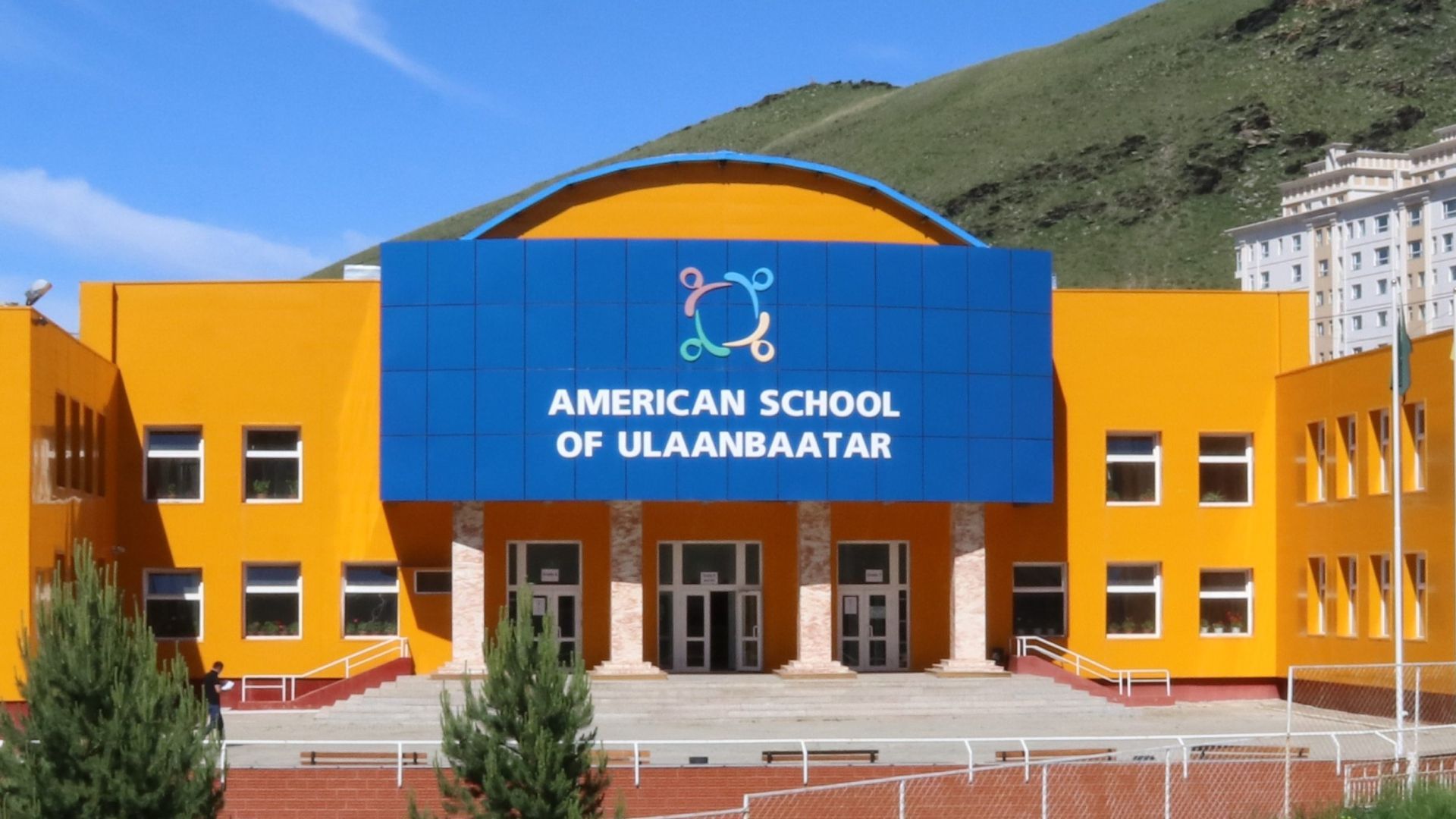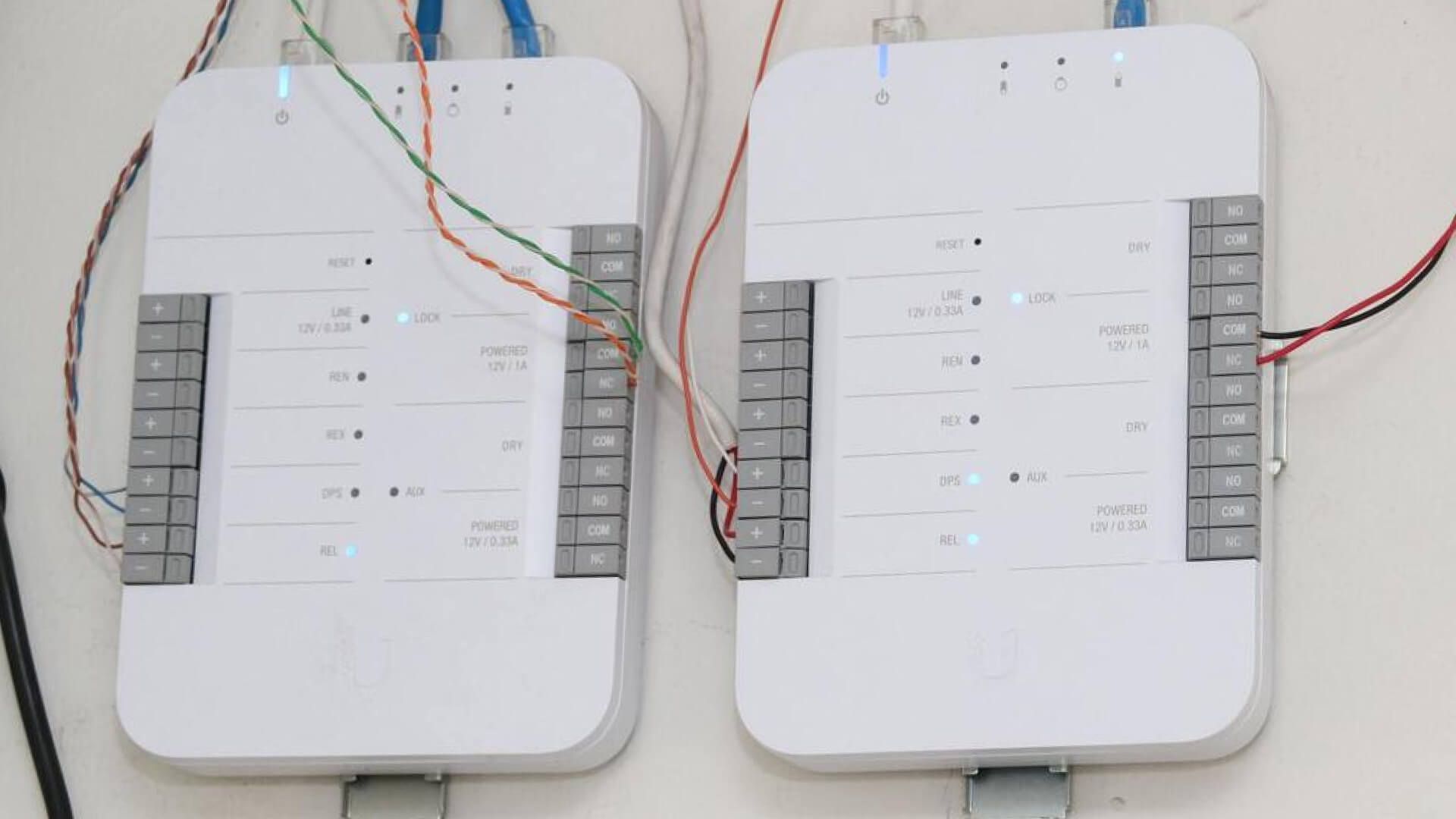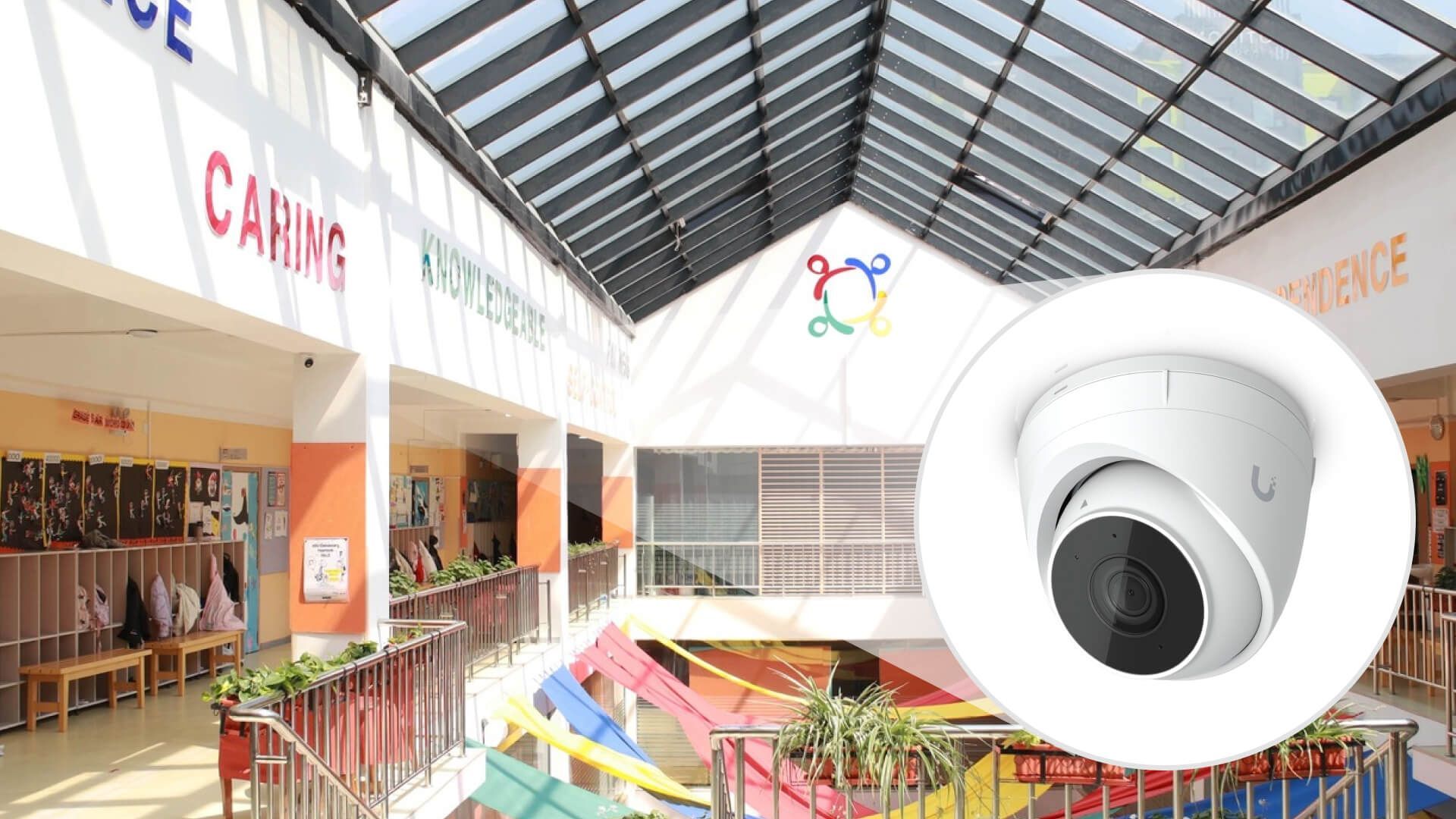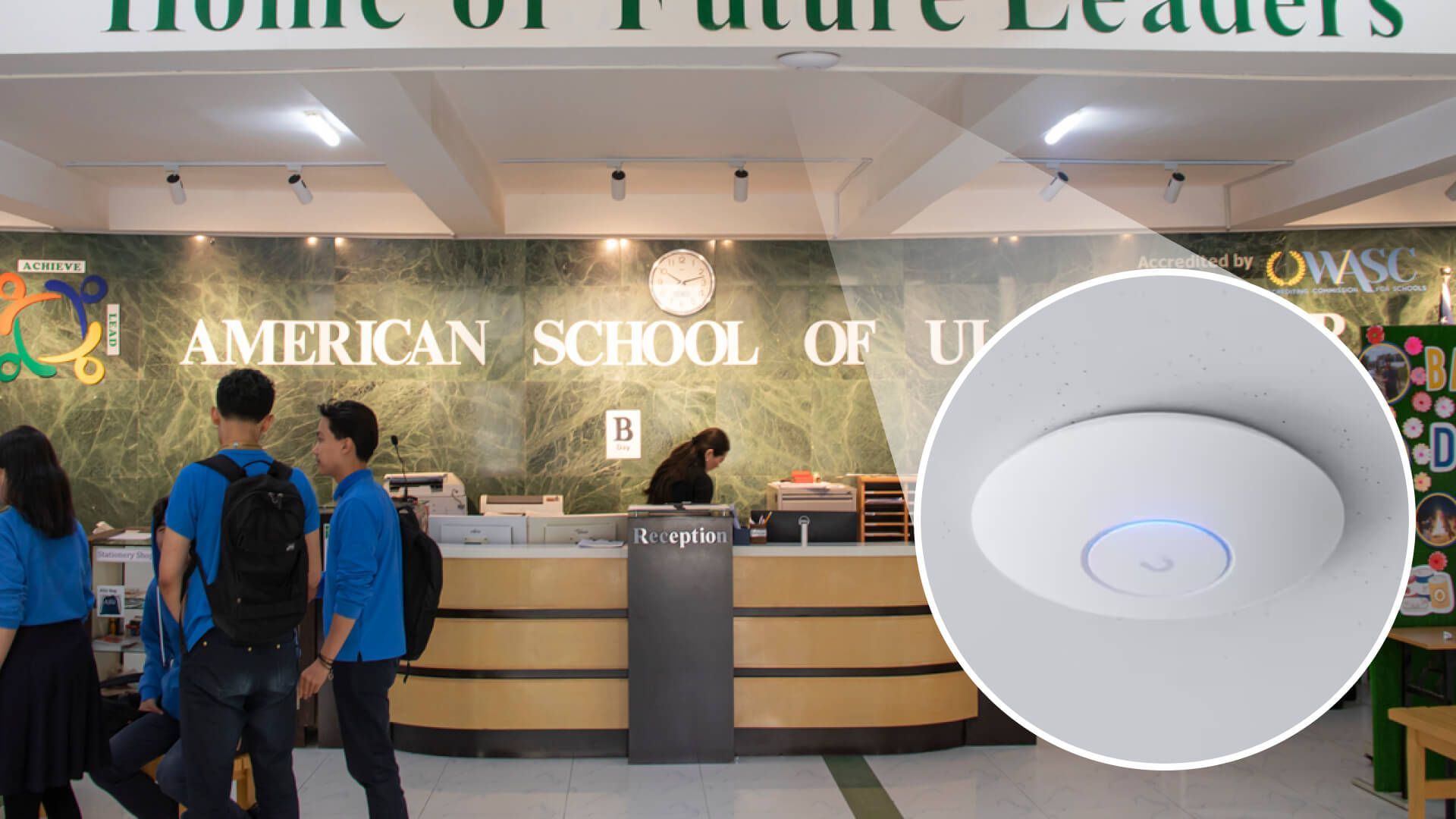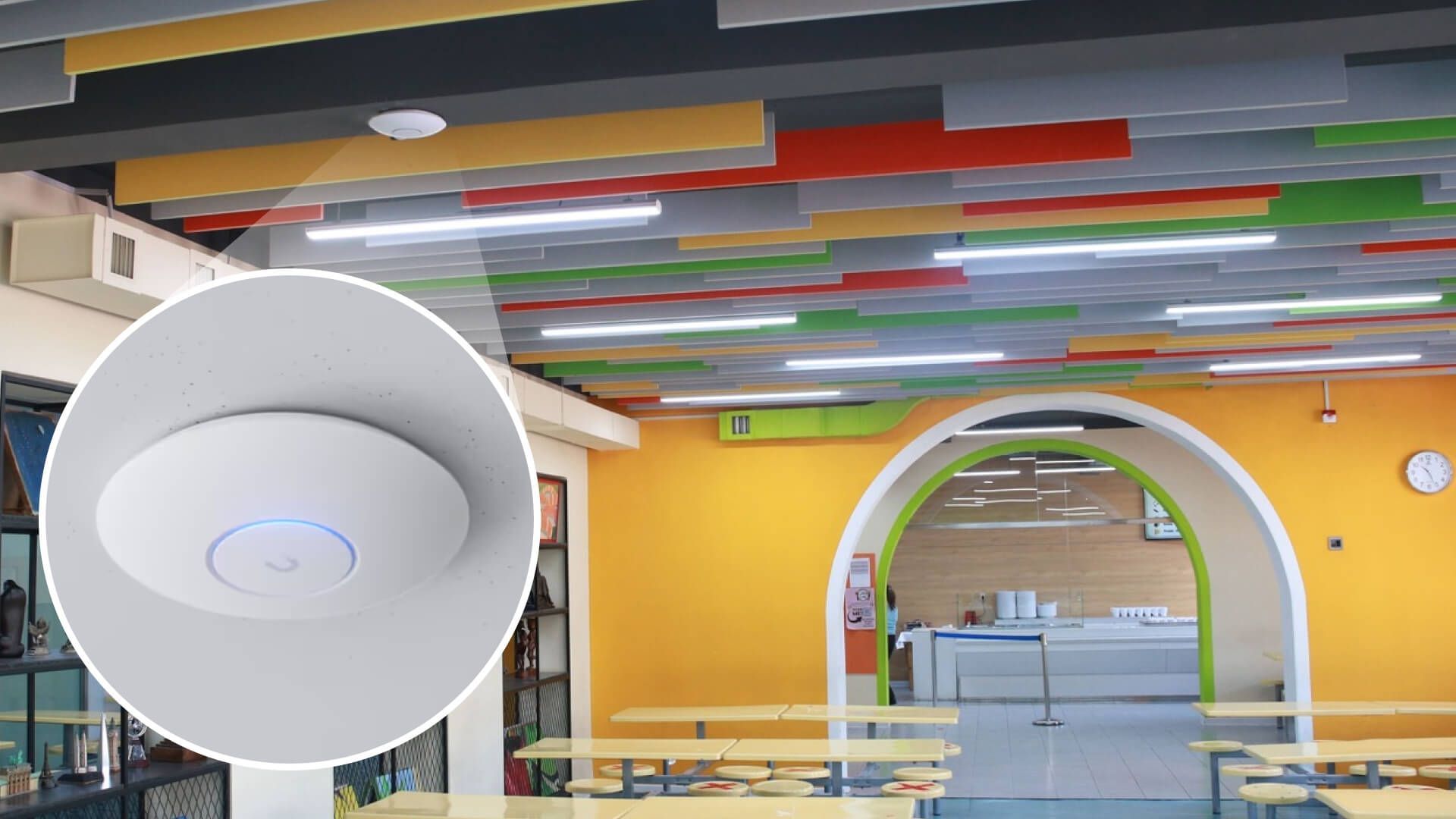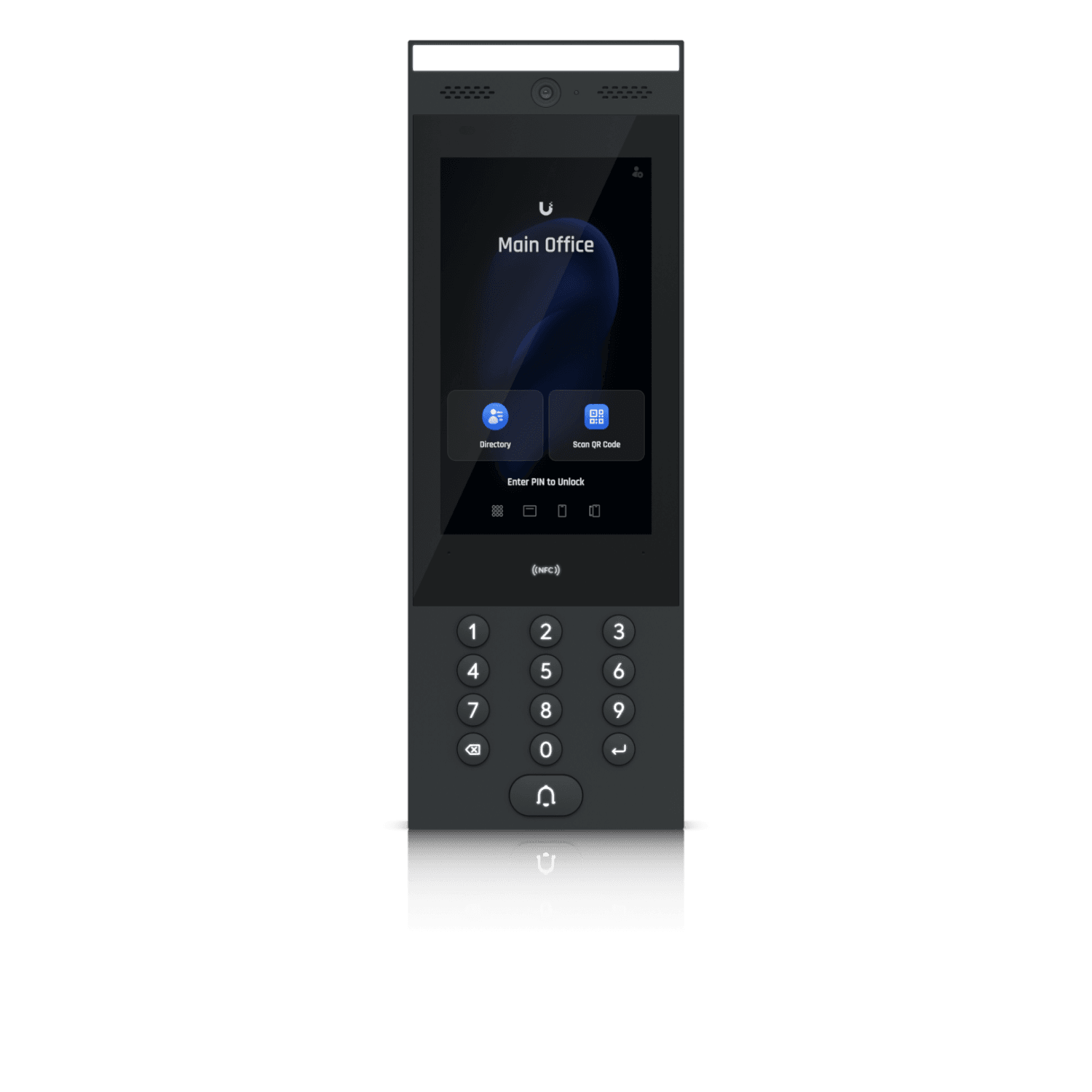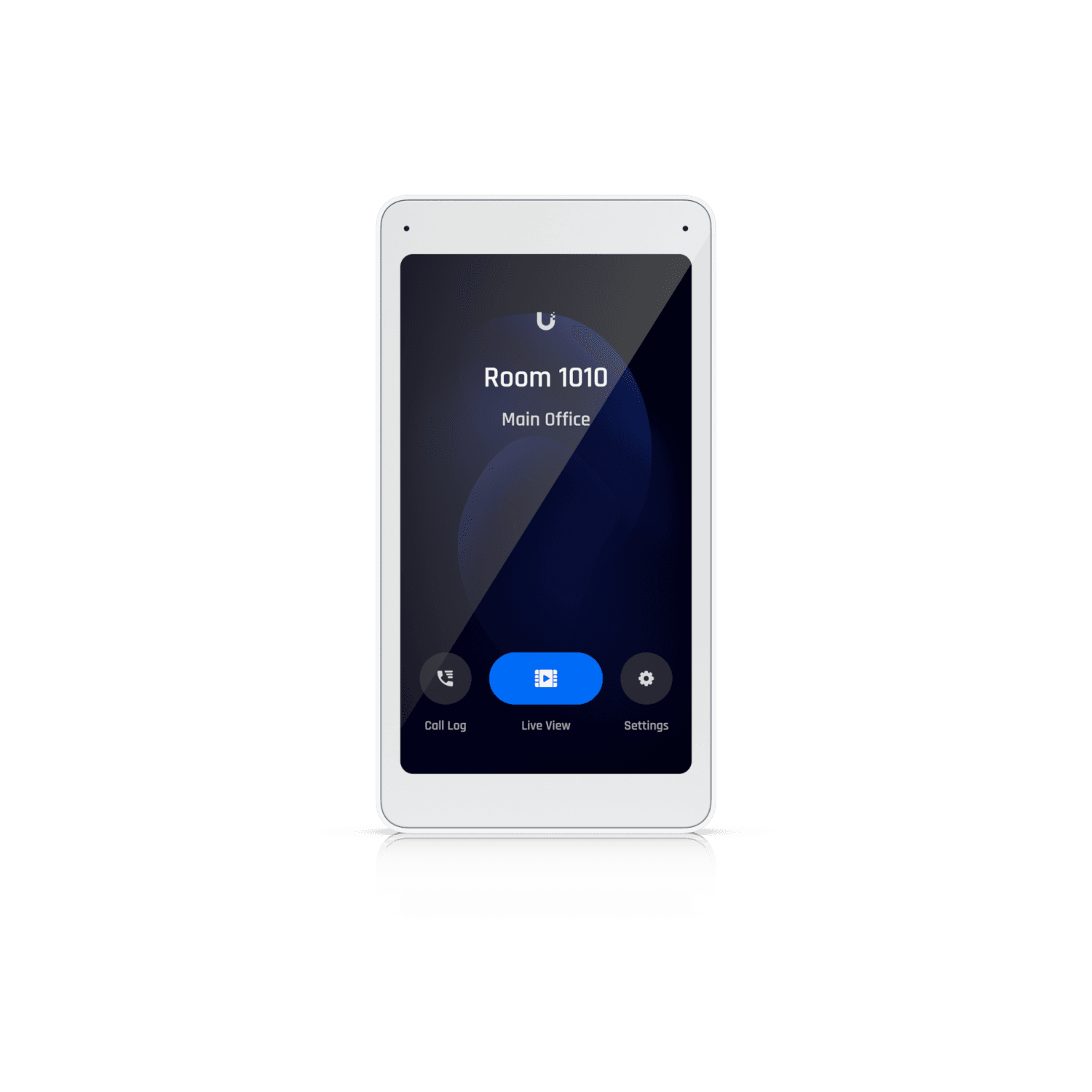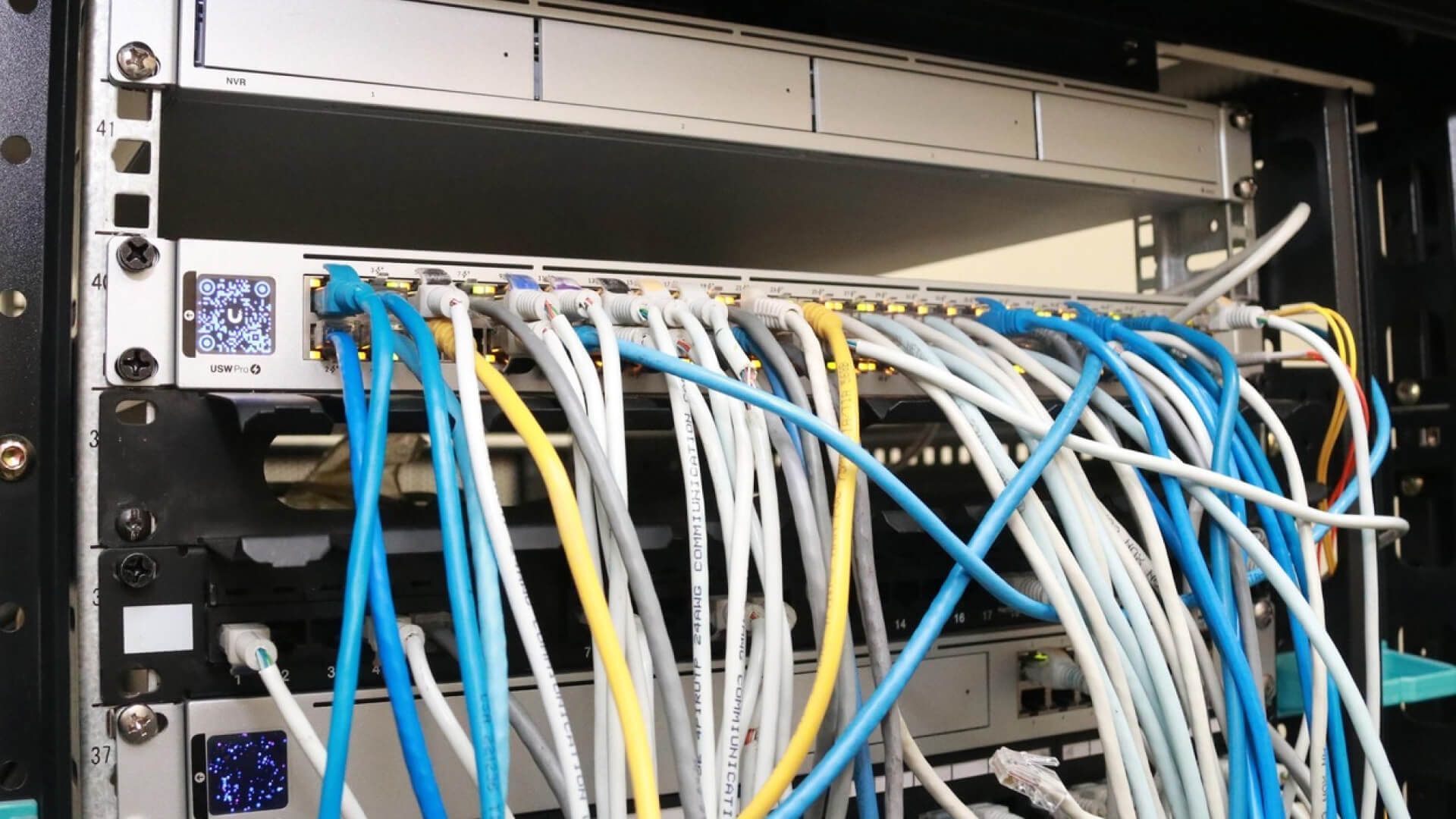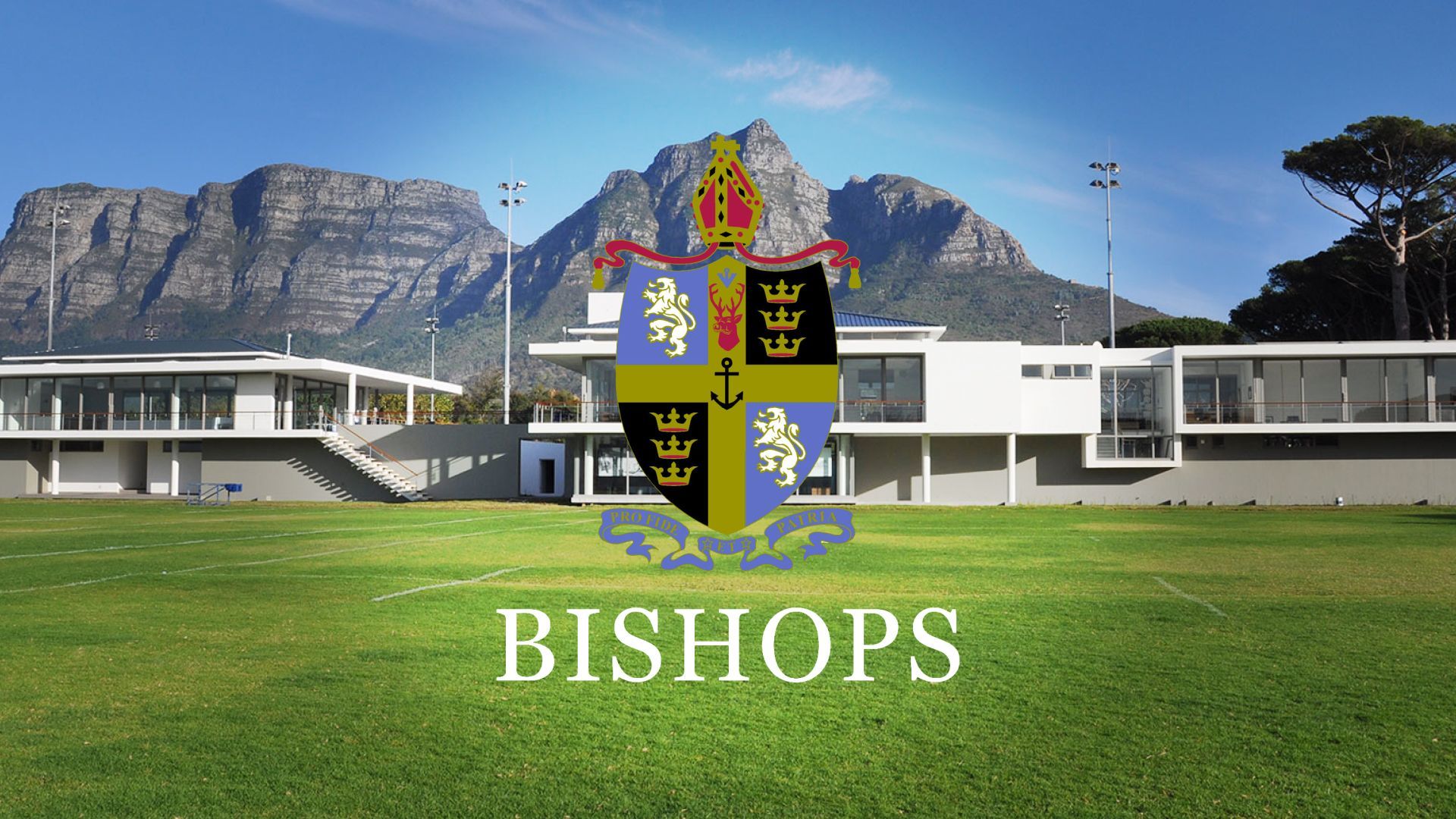Background
The American School of Ulaanbaatar (ASU) is an international K–12 school serving approximately 900 students and 150 staff members in Mongolia’s capital. Founded in 2006, ASU is among the few private schools in the country to hold international accreditation. The school operates across three distinct sites: the elementary school, the secondary school, and international staff housing.
A lean two-person IT team, led by Mr. Orgil and Mr. Angarag, is responsible for managing all aspects of the school’s IT infrastructure. Like many educational institutions, ASU had grown its systems over time using a patchwork of technologies from multiple vendors. This resulted in a fragmented network, complex administration, and escalating licensing costs. Systems for networking, security cameras, and door access were not only difficult to manage but also increasingly unreliable.
The tipping point came when ASU’s Cisco wireless access points—just four to five years old—became unusable due to expired licenses and an automatic update to the wireless LAN controller. Without clear communication from the vendor about licensing requirements, the school was left with non-functional equipment and mounting frustrations. The experience cemented a new IT policy: no more devices with licensing fees.
